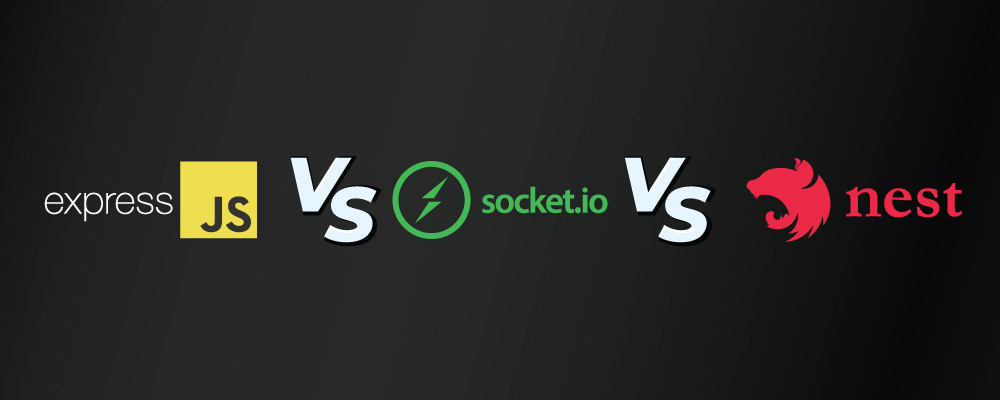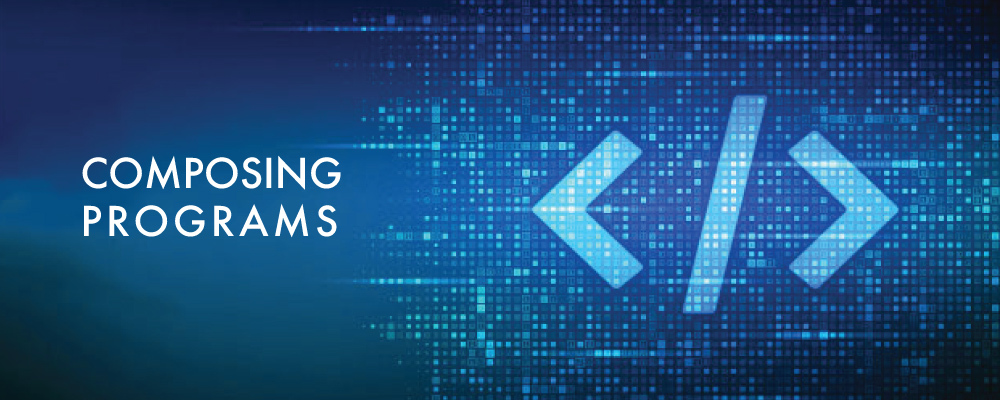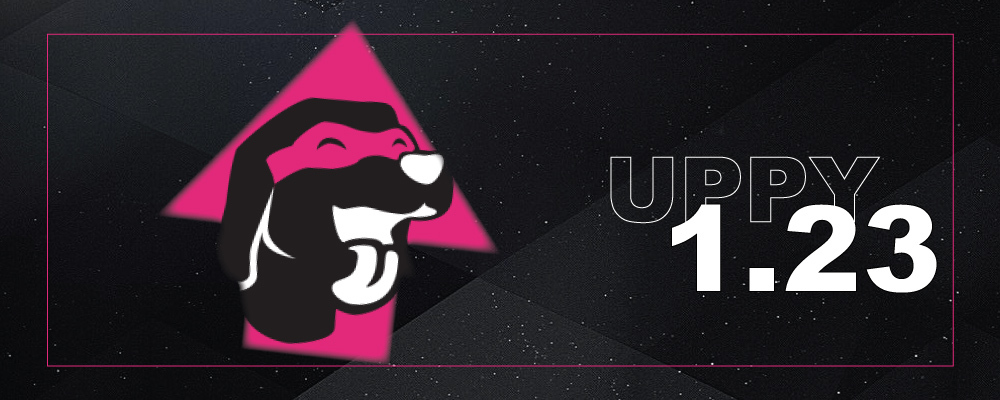The Dev Times #37

Halfway through each month, our newsletter for developers: The Dev Times, brings three reads that our own developers found interesting on the web, and two Transloadit updates that may interest you.
The best node web frameworks
Yann Thibodeau's recent article compiles a comprehensive list of Node REST API frameworks via GitHub. From this list, he attempts to identify the best of the best by considering the ergonomics, popularity, performance, and code readability. Read the post ›
Composing Programs
Following in the footsteps of SICP, Composing Programs is a free online textbook based on Berkeley's CS61A introductory course. The text focuses on methods for abstractions, programming paradigms, and techniques for managing the complexity of large programs. These concepts are demonstrated primarily using Python 3 coupled with various programming projects and program execution is visualized via their Online Python Tutor. Check it out ›
MVP: A minimalist stylesheet for HTML elements
MVP brings reusable and straightforward, out-of-the-box CSS styling to HTML elements. No class names, no framework to learn — just semantic HTML. This lightweight, open source CSS library helps beginners to quickly create clean, responsive, and mobile-friendly webpages without writing any JavaScript or CSS code. Read more ›
Uppy 1.23: Vue.js, Box, Done button and cloud file restrictions
We're proud to announce our new Uppy Vue Integration. Thanks to the amazing work by our team member, Andrew Kachnic, using Uppy with Vue will be easier than ever. In addition, all compatible cloud providers now immediately gray out files that won’t pass Uppy restrictions set up in your Uppy integration. For the full list of changes and package versions, as well as future plans, in our changelog. Check it out ›
Announcing the tus Advisory Group
Over the years, many contributors with varied technical backgrounds have helped to move the tus protocol forward. This diversity in expertise has been a boon to tus as it has allowed us to look at problems from different angles. We have now formed the tus Advisory Group to continue this tradition and avoid creating a stale technical bubble. Members of the group are invited discuss fundamental questions about the direction that tus should take in the future. If you are interested in joining the Advisory Group or want to get more involved in the direction of tus, reach out. Read more ›




